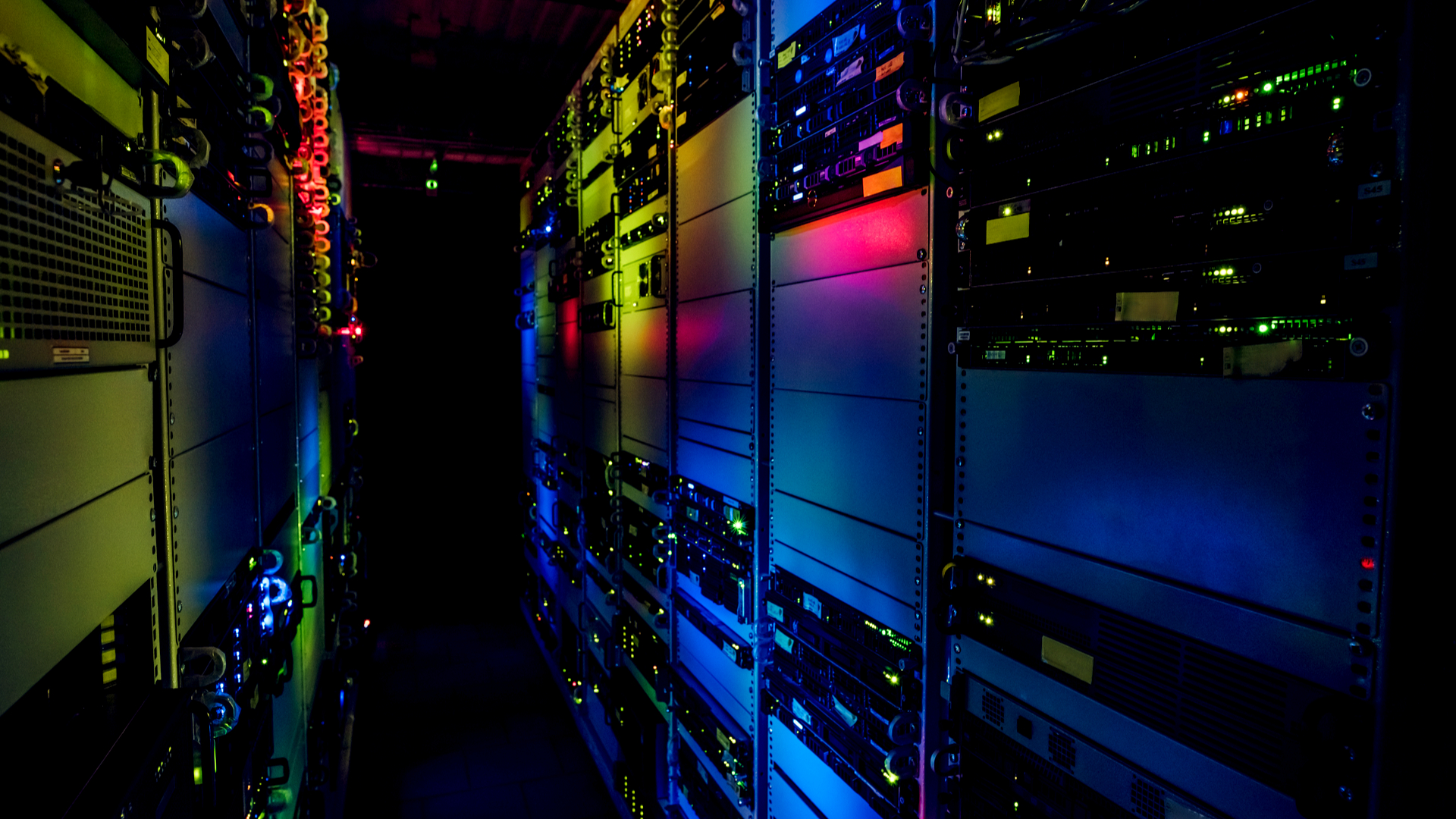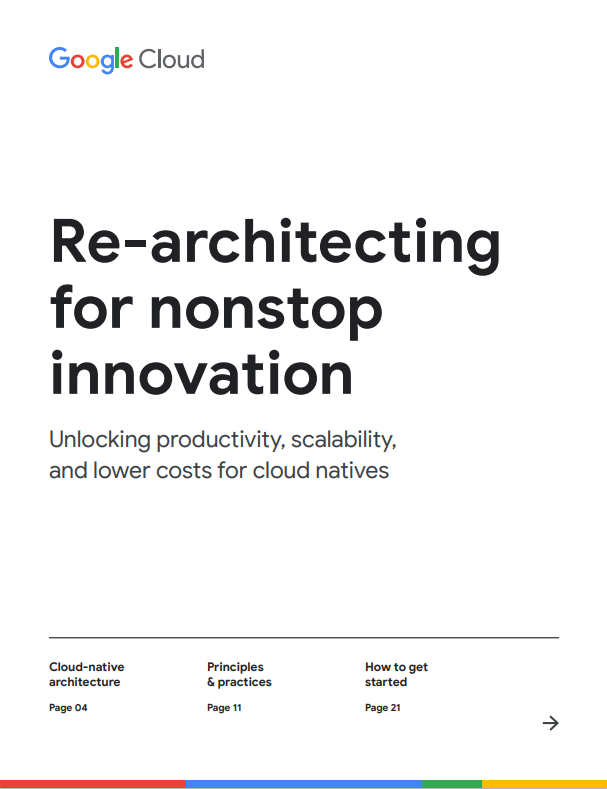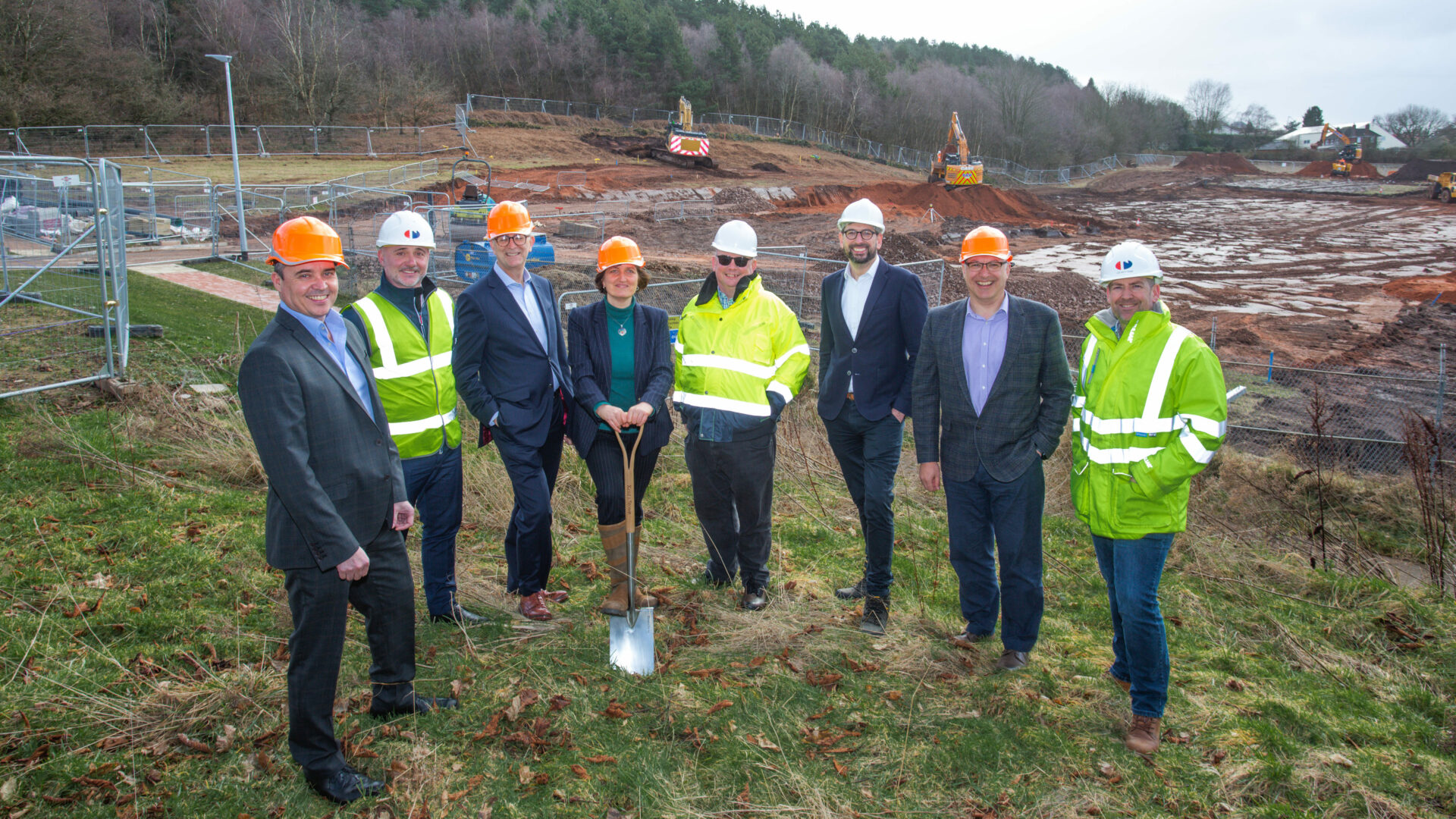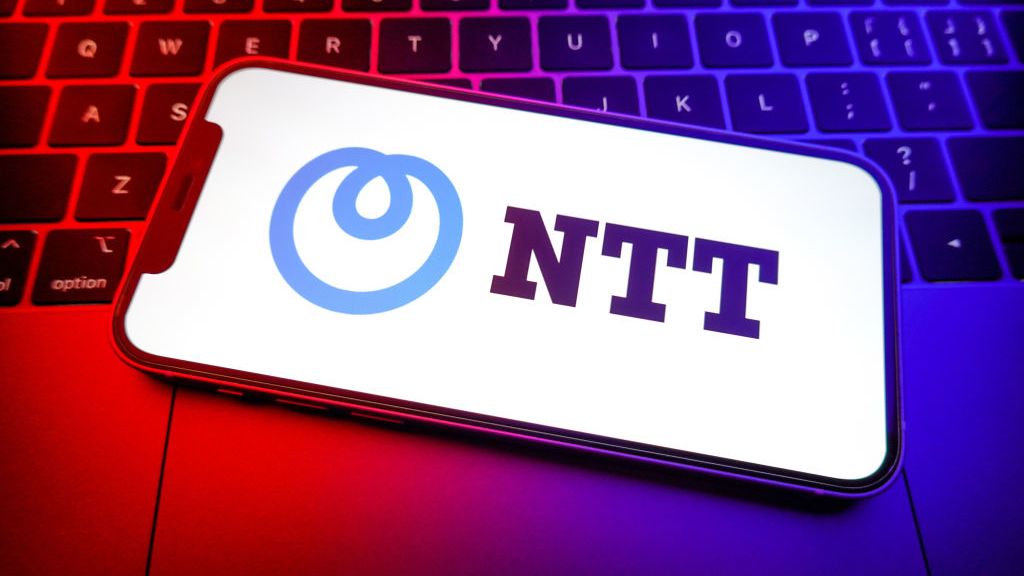Japan's Fugaku retains title as world’s fastest supercomputer
The device from Fujitsu holds the lead, although new additions from Microsoft and Samsung made the top 15


The Japanese supercomputer Fugaku has held the number one position in the Top500 world ranking for the fourth consecutive time, fending off competition from China and the US.
Fugaku, which has held this position since June 2020, had an HPL benchmark score of 442 Pflop/s and 7,630,848 cores, exceeding the performance of the second-place IBM-developed Summit by three times. Fugaku is installed at the Riken Centre for Computational Science in Kobe, Japan, and was co-developed by Riken and Fujitsu based on Fujitsu’s custom Arm A64FX processor.
In singly or further-reduced precision, often used in machine learning and AI applications, Fugaku had a peak performance above 1,000 Pflop/s, or one Exaflop/s, which is why the device is called the first “Exascale” supercomputer. Although there are reports that several Chinese supercomputers have reached an Exaflop performance level, none of the systems submitted an HPL result to the Top500.
“I am very happy to have won four crowns for four consecutive terms,” said Naoki Shinjo, director of Fujitsu. “We hope that the world's best performance of 'Fugaku' will be used by many researchers and will continue to be utilised, contributing to the development of science and technology and the realisation of a safe and secure society.”
Summit remains the fastest system in the US, with a performance of 148.8 Pflop/s on the HPL benchmark. It has 4,356 nodes each housing two Power9 CUs with 22 cores each and six Nvidia Tesla V100 GPUs. In third place came Sierra with 94.6 Pflop/s followed by China’s National Research Centre’s Sunway TaihuLight in fourth place with 93 Pflop/s.
The only new system in the top 10 was Voyager-EUS2, a Microsoft Azure system installed in the US which achieved 30.05 Pflop/s. Its architecture is based on an AMD EPYC processor with 48 cores and 2.4GHz working together with an Nvidia A100 GPU with 80GB memory.
RELATED RESOURCE

Re-architecting for nonstop innovation
Unlocking productivity, scalability, and lower costs for cloud natives
Although there weren't many changes to the top 10 supercomputers, the new Voyager-EUS system from Microsoft made its way to the 11th spot, while Samsung’s SSC-21 followed it into the 12th spot.
Get the ITPro daily newsletter
Sign up today and you will receive a free copy of our Future Focus 2025 report - the leading guidance on AI, cybersecurity and other IT challenges as per 700+ senior executives
Systems from China and the US dominated the list, although China dropped from 186 systems to 173 while the US increased from 123 machines to 150. These two countries account for nearly two-thirds of the supercomputers in the Top 500.
Zach Marzouk is a former ITPro, CloudPro, and ChannelPro staff writer, covering topics like security, privacy, worker rights, and startups, primarily in the Asia Pacific and the US regions. Zach joined ITPro in 2017 where he was introduced to the world of B2B technology as a junior staff writer, before he returned to Argentina in 2018, working in communications and as a copywriter. In 2021, he made his way back to ITPro as a staff writer during the pandemic, before joining the world of freelance in 2022.
-
 Bigger salaries, more burnout: Is the CISO role in crisis?
Bigger salaries, more burnout: Is the CISO role in crisis?In-depth CISOs are more stressed than ever before – but why is this and what can be done?
By Kate O'Flaherty Published
-
 Cheap cyber crime kits can be bought on the dark web for less than $25
Cheap cyber crime kits can be bought on the dark web for less than $25News Research from NordVPN shows phishing kits are now widely available on the dark web and via messaging apps like Telegram, and are often selling for less than $25.
By Emma Woollacott Published
-
 Google claims its AI chips are ‘faster, greener’ than Nvidia’s
Google claims its AI chips are ‘faster, greener’ than Nvidia’sNews Google's TPU has already been used to train AI and run data centres, but hasn't lined up against Nvidia's H100
By Rory Bathgate Published
-
 Princeton Digital Group reveals "wise" $1 billion+ Indonesia data centre investment to service Singapore
Princeton Digital Group reveals "wise" $1 billion+ Indonesia data centre investment to service SingaporeNews The new investment will help customers located in Singapore expand their infrastructure
By Zach Marzouk Published
-
 £30 million IBM-linked supercomputer centre coming to North West England
£30 million IBM-linked supercomputer centre coming to North West EnglandNews Once operational, the Hartree supercomputer will be available to businesses “of all sizes”
By Ross Kelly Published
-
 Japanese telco NTT to invest $3.5 billion in Indian data centres
Japanese telco NTT to invest $3.5 billion in Indian data centresNews The money marks a steep increase in the telco's investment compared to recent years
By Zach Marzouk Published
-
 Bharti Airtel continues data centre "expansion spree" with £200m Hyderabad investment
Bharti Airtel continues data centre "expansion spree" with £200m Hyderabad investmentNews This company is expecting to triple its capacity over the next four years
By Zach Marzouk Published
-
 AWS launches Australia's first local zone for low-latency workloads and data residency
AWS launches Australia's first local zone for low-latency workloads and data residencyNews The company is aiming to help customers who need infrastructure closer to their data sources or end-users
By Zach Marzouk Published
-
 How quantum computing can fight climate change
How quantum computing can fight climate changeIn-depth Quantum computers could help unpick the challenges of climate change and offer solutions with real impact – but we can’t wait for their arrival
By Nicole Kobie Published
-
 “Botched government procurement” leads to £24 million Atos settlement
“Botched government procurement” leads to £24 million Atos settlementNews Labour has accused the Conservative government of using taxpayers’ money to pay for their own mistakes
By Zach Marzouk Published